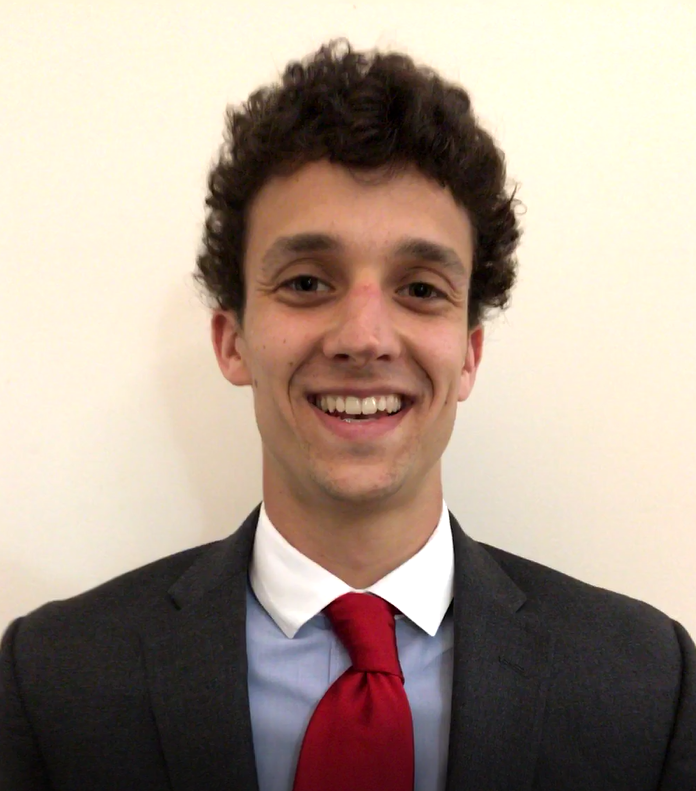
- This event has passed.
ESE PhD Thesis Defense: “Compositional Methods for Agile Quadrupedal Behaviors”
January 6, 2023 at 3:00 PM - 5:00 PM
The last decade has witnessed a proliferation of legged machines with high power and force densities, as well as a commensurate development of locomotion controllers which achieve impressive empirical demonstrations. Yet, despite showing promise as a means of navigating rough terrain, these machines – and the locomotion controllers which animate them – are still restricted to practical applications where interactions with complex and broken terrain can be avoided or where such features are absent altogether, in spite of the fact these interactions are what distinguish legged platforms from their tracked and wheeled counterparts. Indeed, mastering locomotion over difficult terrain has long been the aim of legged robotics research, and requires the development of controllers which enable a specific machine to interact with and overcome obstacles in a given environment. Recently, state-of-the-art design methods for locomotion controllers have sought to meet this challenge by relying on accurate modeling of the platform, detailed descriptions of the environment, and a preconceived plan as to how the obstacles will be overcome. Often, many of these required data are acquired during design time, and therefore may not be readily applicable to experimental settings which can vary greatly from a designer’s anticipated description. To obtain locomotion behaviors which are broadly applicable across platform, task, and environment, the controllers which constitute them must be synthesized at run time; both to directly utilize environmental features, as well as respond to stimuli and disturbances – all of which are unknown a priori. A much more general framework for producing locomotion behavior is therefore required; one that can be applied to a broad range of machines and in a broad range of environments, and must possess metrics which allow for the evaluation of the applicability of the behavior in nearly real-time.
This thesis work begins the development of behavioral synthesis tools that are generalizable, and that enable the generation of agile and flexible behaviors from a predefined set of composable constituent “symbols”. In turn, these symbols can be tuned and adapted to suit a wide variety of platforms, environments, and tasks. By taking well-established notions of template dynamics Full and Koditschek (1999), sequential compositional techniques Burridge et al. (1999), and parallel compositional techniques pioneered by De and Koditschek (2015), a set of template “letters” which can be composed in parallel are identified, and then combined to form parallel composition “syllables”. These syllables are then assembled sequentially to form behavior “words”, which can be flexibly applied in a wide variety of situations. The utility of these synthesized behaviors is augmented further by making use of an “Extended Ground Reaction Complex” (EGRC) Topping et al. (2017) which provides a simplified representation of the salient features in an environment so that they can be explicitly targeted during behavior design and incorporated into the synthesized actions.
In all, this thesis seeks to offer a valuable and flexible set of tools to the robotic behavior designer. The empirical evidence and conceptual insight presented here offers a companion to the state-of-the-art used in legged locomotion today; offering a simple, flexible, and reusable option to aid in locomotion controller design, and beginning to lay the foundation of a symbolic representation of legged behaviors.

T. Turner Topping
ESE Ph.D. Candidate
T. Turner Topping is currently pursuing a PhD in the Department of Electrical and Systems Engineering (ESE) at the University of Pennsylvania under the advisement of Professor Daniel E. Koditschek. He completed a B.S. in Electrical Engineering as well as a M.S. in Electrical Engineering at the University of Southern California in 2014. He has focused his research efforts on dynamic transitional behaviors for legged robots, as well as the development of modular primitives for robotic behavioral construction.
